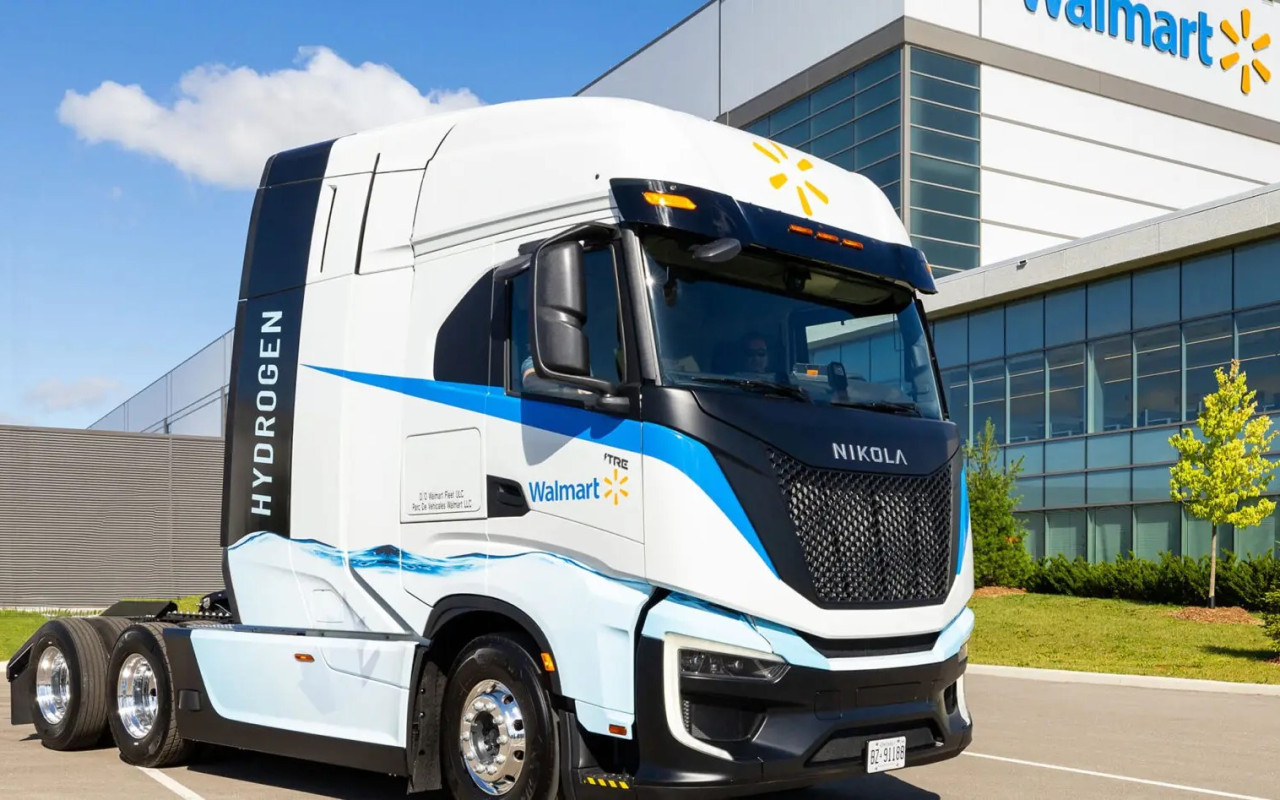Reliance Industries to set up four gigafactories worth Rs. 75,000 crore in Gujarat
Reliance Industries (RIL) has announced that it will invest Rs 75,000 crore over the next three years to set up four renewable energy gigafactories in Jamnagar, Gujarat.
"We have started developing the Dhirubhai Ambani Green Energy Giga Complex over 5,000 acres in Jamnagar. It will be amongst the largest integrated renewable energy manufacturing facilities in the world. Over the next three years we will invest Rs 75,000 crore in it," Ambani stated in his inaugural address at the International Climate Summit - 2021.
He added that this complex will have four gigafactories, covering the entire spectrum of renewable energy.
The first will be an integrated solar photovoltaic module factory. The second will be an advanced energy storage battery factory. The third will be an electrolyser factory to produce green hydrogen and the fourth will be a fuel-cell factory for converting hydrogen into motive and stationary power.
Speaking about green hydrogen, he stated that the rapid fall in the cost of production had made solar energy highly competitive, inviting large-scale investments and this would play a key role in safeguarding similar growth trends for hydrogen.
"Although the costs of hydrogen from electrolysis today are high, they are anticipated to fall considerably in the coming years. New technologies for storage and transportation, will significantly reduce the cost of distribution… Because of all these developments, green hydrogen will attract significant investments," he said.
The company has set a goal to become a net-zero carbon firm by 2035 and has announced a roadmap for its new energy business this year.
Ambani said that of India's 450 GW renewable energy capacity target by 2030, the company will establish and facilitate at least 100 GW of solar energy by 2030.
"This will create a pan-India network of kilowatt- and megawatt-scale solar energy producers who can produce green hydrogen for local consumption. This will bring advantages to rural India," he said.


















